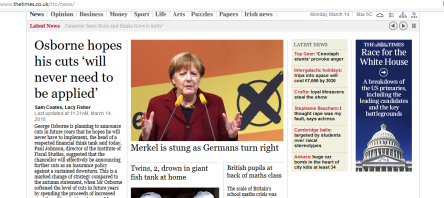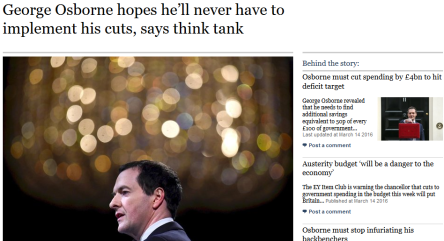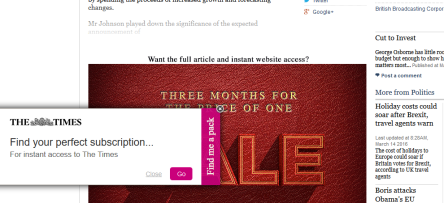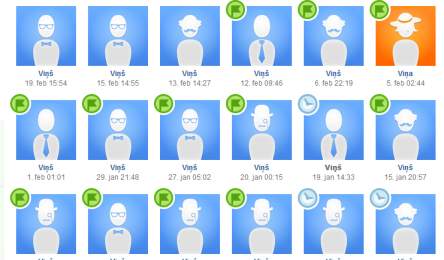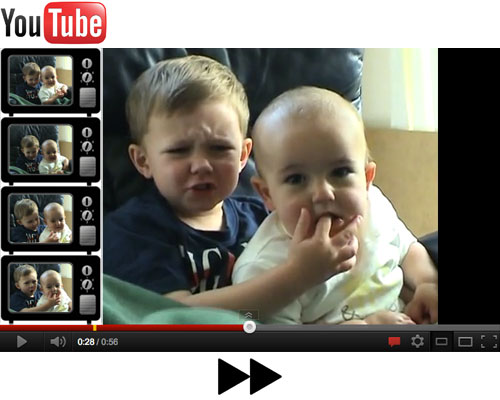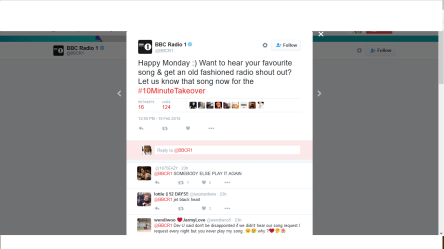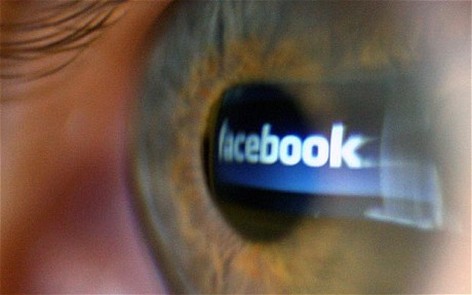People have this tendency to grab things that are for free. There’s nothing wrong with that; for instance, I will never have to buy pens again.
But the thing is – nothing’s for free in this world. You might not give money in return but…
whoever’s handed you his service or gift ends up with your data. That pen I got back at Fresher’s Fair was not free at all – it was given only after filling in my name, surname and e-mail. The same principle applies for the Internet.
We carelessly hand out personal data without thinking just to get access to something, be it an app or service.

Terms and Conditions?
Turns out, only 7% of Britons go through this small print when signing up for products and services. Ticking in the ”I have read and agree to the terms of use” box is most likely the biggest lie in the world. Although the majority of us might giggle, this, in fact, is not a laughing matter. When clicking on ”Accept” button, your data has gone without you knowing or being informed where it has gone and in which parties hand it lies.
South Park has made a clip introducing the public of the possible consequences they might face if agreeing to Terms&Conditions without getting acquainted with company’s policy. Their approach to it might seem a bit exaggerated, however that does not mean skipping this document is the best idea of yours. And who knows – maybe they will need your blood after all.
A confession – I never read Terms&Conditions, it’s a waste of my extremely precious time. However, I decline their warm invitation by simply clicking away. My life is still fulfilled without those kitten videos or This One Little Trick That Celebs Use To Keep Slim! articles. And my data is safe.
